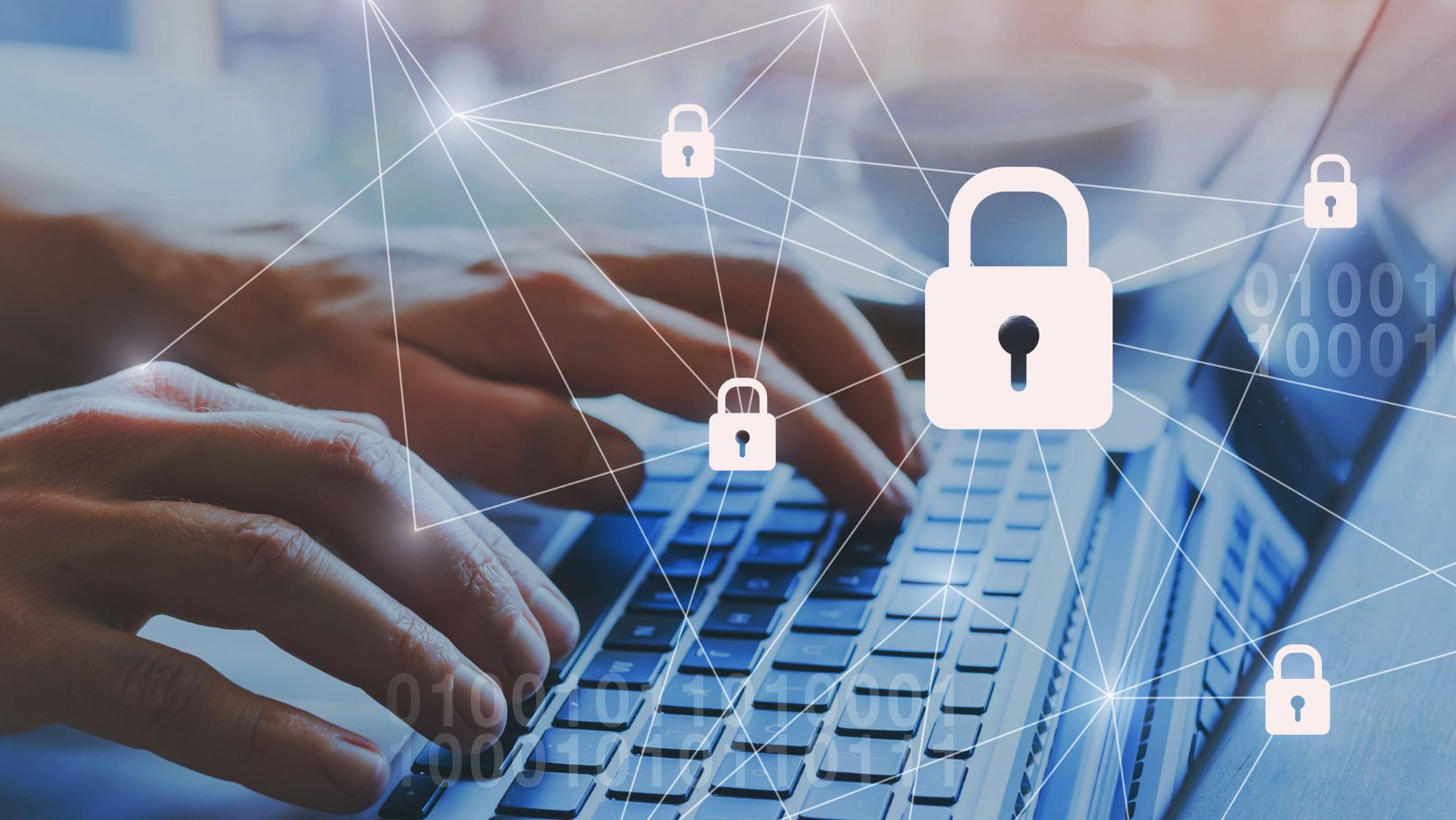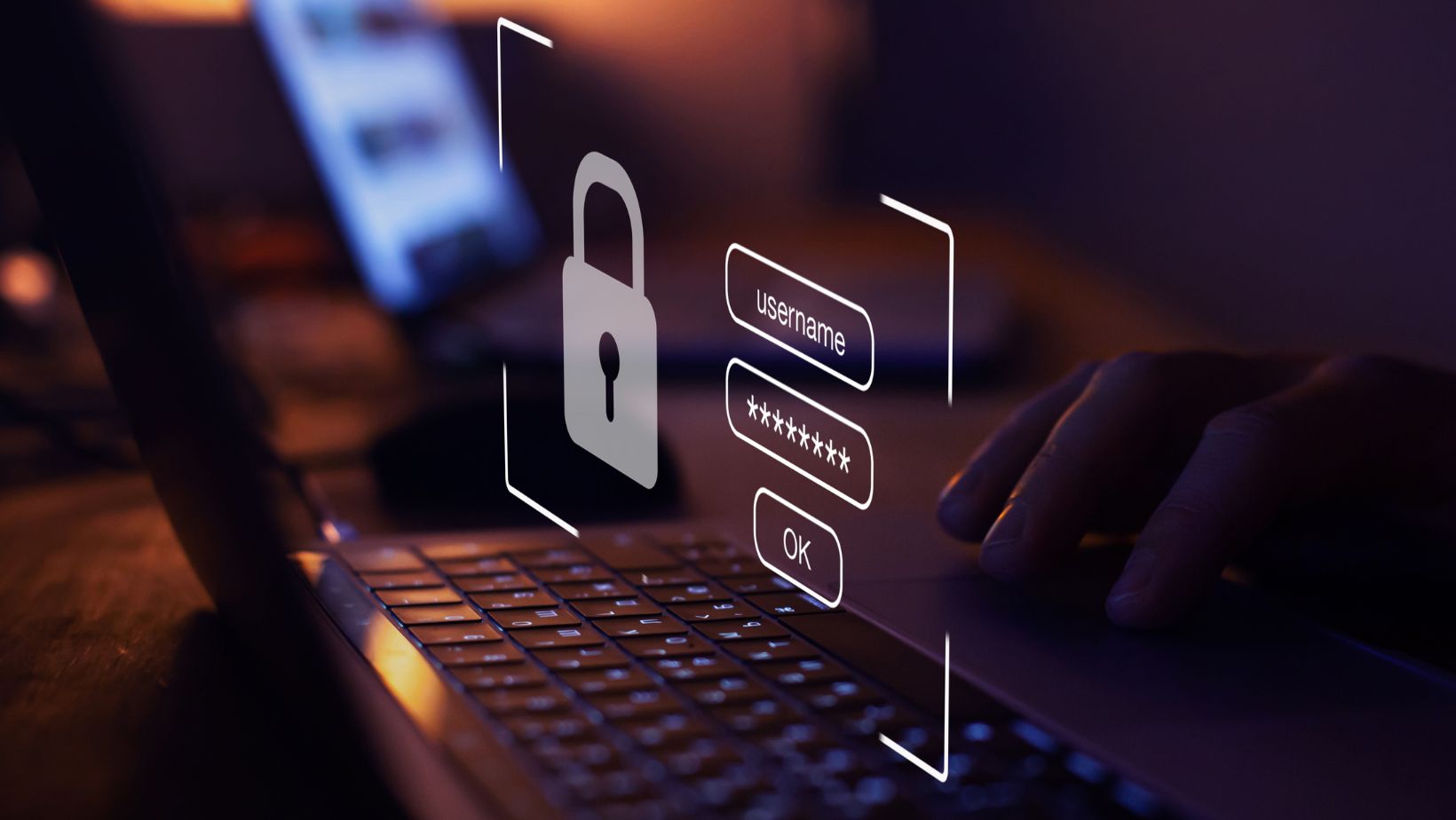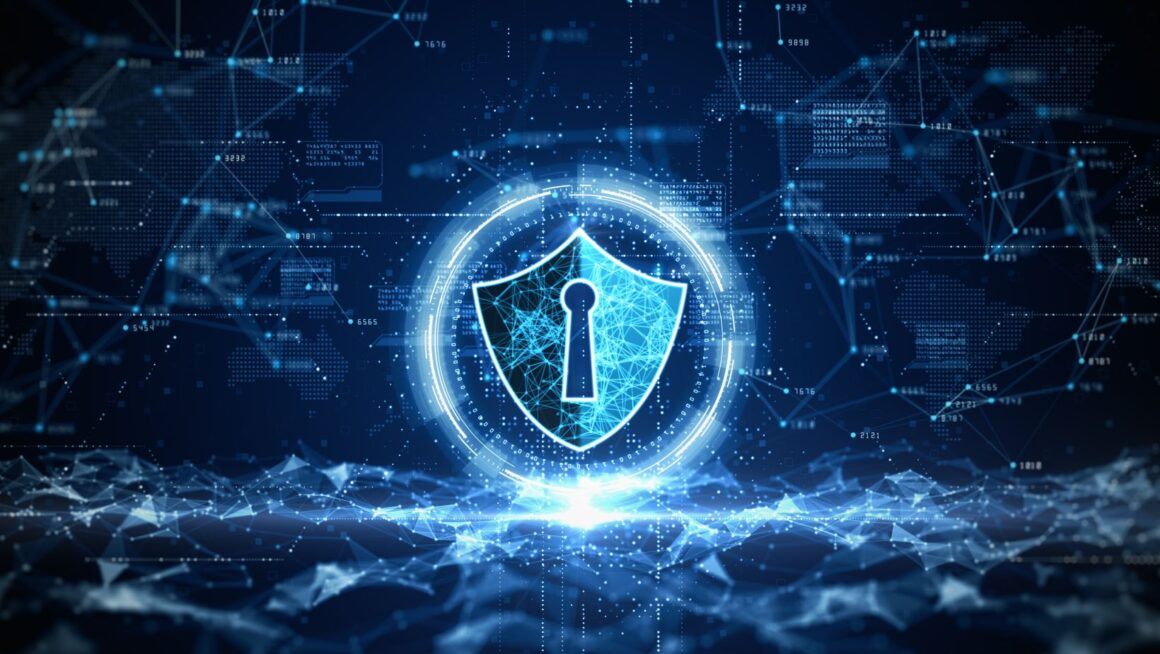Introduction
In today’s hyper-connected world, cybercriminals are increasingly targeting endpoints such as laptops, smartphones, tablets, and IoT devices. Each connected device acts as a potential gateway for hackers to infiltrate networks, steal sensitive information, and disrupt operations.
The rapid adoption of remote and hybrid work models has further expanded the number of vulnerable endpoints within organizations. Employees now access corporate resources from personal devices, public Wi-Fi networks, and various geographical locations-making endpoint protection more important than ever.
As a result, endpoint security has evolved from being a “nice-to-have” tool into a critical component of modern cybersecurity strategies. Businesses that fail to protect endpoints risk not only financial losses but also compliance violations and reputational damage.
Defining Endpoint Security
Endpoint security is the practice of safeguarding endpoint devices-such as desktops, laptops, smartphones, servers, and point-of-sale systems-from malicious threats and unauthorized access. Unlike traditional network security, which focuses on protecting the network perimeter, endpoint security emphasizes defending the individual devices that connect to the network.
A well-implemented endpoint security solution provides continuous monitoring, advanced threat detection, and real-time response capabilities. This ensures that even if one endpoint is compromised, the attack can be contained before it spreads.
Examples of endpoints include:
- Corporate and personal laptops used by employees.
- Smartphones and tablets with access to business data.
- Servers that store critical applications and information.
- IoT devices such as smart sensors, printers, and cameras.
Why Endpoint Security Matters
The security of endpoints is directly tied to the safety of an organization’s overall IT infrastructure. A single compromised endpoint can serve as a launching pad for large-scale cyberattacks.
Endpoint security plays a crucial role in:
- Defending against ransomware, phishing, and malware attacks that could lead to data loss and downtime.
- Preventing unauthorized access to confidential business data, intellectual property, and customer information.
- Ensuring compliance with regulatory frameworks such as GDPR, HIPAA, and PCI DSS.
This is where understanding what is endpoint security and why businesses need it becomes critical. Strong endpoint security not only safeguards data but also ensures operational continuity and customer trust-both of which are essential for long-term success. After implementing these measures, organizations can also benefit from insights shared by trusted industry leaders such as Cybersecurity & Infrastructure Security Agency (CISA) for additional guidance on security resilience.
Key Components of Endpoint Security
Antivirus and Anti-Malware
Traditional antivirus tools remain relevant but have evolved to include real-time scanning, behavioral analysis, and automatic removal of threats.
Endpoint Detection and Response (EDR)
EDR solutions provide continuous monitoring, advanced analytics, and automated responses to potential threats. They excel at detecting sophisticated attacks that bypass traditional defenses.
Data Encryption
Encryption protects data at rest and in transit, making it unreadable to unauthorized parties.

This is vital for securing sensitive files on laptops, USB drives, and during file transfers.
Access Control and Authentication
Implementing multi-factor authentication (MFA) and biometric verification helps ensure that only authorized users can access sensitive systems.
Patch and Vulnerability Management
Regular patching prevents attackers from exploiting known software vulnerabilities. Automated patch management tools reduce the risk of delays and human error.
How Endpoint Security Works
Endpoint security solutions operate by continuously monitoring devices for unusual activity, blocking suspicious applications, and detecting known and unknown threats through AI-driven analysis.
In modern setups, endpoint security integrates with centralized platforms such as Security Information and Event Management (SIEM) and Security Orchestration, Automation, and Response (SOAR) tools. This allows security teams to manage alerts, investigate incidents, and respond quickly-reducing the time attackers can spend inside the network.
Benefits of Strong Endpoint Security
- Reduced risk of breaches through proactive detection and prevention.
- Enhanced visibility into device activities and potential threats.
- Minimal downtime by quickly isolating compromised devices.
- Support for remote work and BYOD policies without sacrificing security.
- Improved compliance with industry and government regulations.
For example, the National Institute of Standards and Technology (NIST) recommends robust endpoint security measures as part of its Cybersecurity Framework for all organizations.
Common Challenges in Endpoint Security
While endpoint security is essential, it’s not without challenges:
- Device diversity in hybrid environments makes standardization difficult.
- Cross-platform compatibility can be an issue when managing multiple operating systems.
- Alert fatigue can overwhelm IT teams if detection systems are not fine-tuned.
Ideal Practices for Effective Endpoint Security
- Use strong password policies and MFA across all devices.
- Keep software and operating systems updated with the latest patches.
- Train employees regularly on phishing, social engineering, and safe device usage.
- Segment networks to limit attack spread in case of a breach.
- Apply Zero Trust security principles to verify every access attempt.

Additional practical recommendations are provided by the SANS Institute respected cybersecurity training and research organization.
Conclusion
Endpoint security is no longer optional-it’s a business necessity. Protecting each device that connects to a network ensures the safety of corporate data, minimizes operational disruptions, and strengthens customer trust.
By implementing a comprehensive endpoint protection strategy, businesses can stay ahead of evolving threats, maintain compliance, and operate securely in an increasingly digital world.
FAQs
How Is Endpoint Security Different From Antivirus Software?
Antivirus software focuses on detecting and removing malware, whereas endpoint security offers a broader approach, including threat detection, encryption, access control, and centralized management.
Is Endpoint Security Necessary For Personal Devices?
Yes. Even personal devices can be targeted by attackers, especially if they access sensitive work or financial information.
Can Endpoint Security Protect Against Insider Threats?
Yes, with the help of monitoring tools, access controls, and behavioral analytics, endpoint security can detect unusual activity from legitimate users.

